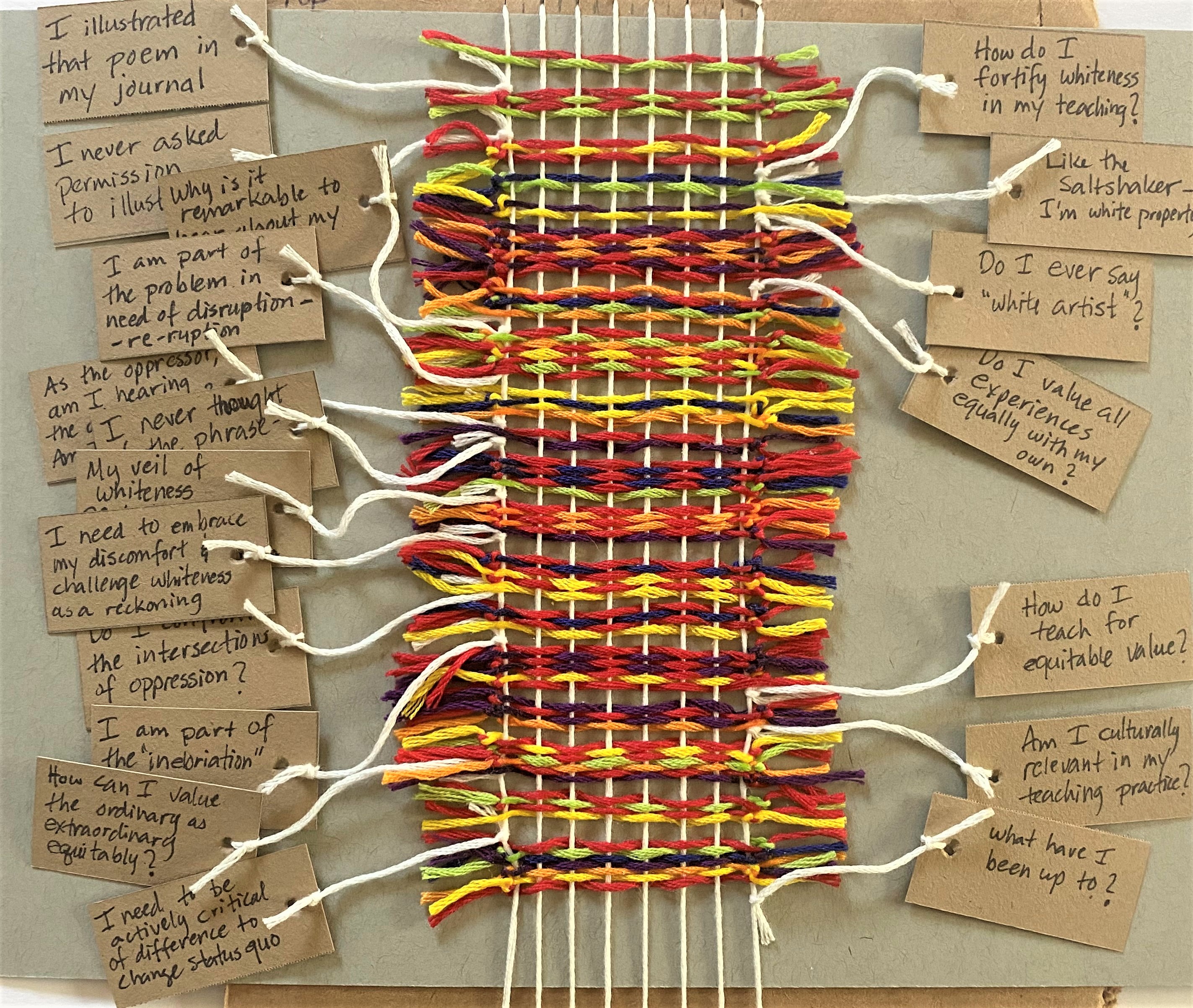WRITING SOCIOLOGICAL CRIME FICTION
YOU WILL HAVE YOUR DAY IN COURT
DOI:
https://doi.org/10.18432/ari29549Keywords:
sociological fiction, crime, criminalisation, translation, ontologyAbstract
In this article I share and discuss a poetic work of experimental sociological crime fiction titled “You Will Have Your Day in Court” (in Crockett Thomas, 2020c). In it I reimagine the “true crime” story of “King Con” Paul Bint, who for a period in 2009 successfully impersonated Keir Starmer, the then Director of Public Prosecutions. I first introduce my collaborative approach to writing sociological crime fiction, connections to poststructuralist philosophy and conceptualisation of research as a process of translation. After sharing the piece, I discuss thematic aspects of the work, such as the popular fascination of fraud, desire for explanations for criminal acts, and the narrative constraints placed on people who have experienced criminalisation. I also consider stylistic elements including use of narrative voice, characterisation, and narrative structure. I hope that this article is of interest to scholars aiming to marry poststructuralist thought with an experimental approach to writing sociological fiction.
Downloads
Published
How to Cite
Issue
Section
License
Copyright (c) 2021 Phil Crockett Thomas

This work is licensed under a Creative Commons Attribution-NonCommercial-NoDerivatives 4.0 International License.
Authors who publish with Art/Research International agree to the following terms:
a. Authors retain copyright and grant the journal right of first publication and the right to sublicense the Contribution, in the form in which it is published by the journal, to others under the terms and conditions of the of the Creative Commons Attribution-NonCommercial-NoDerivs (CC BY-NC-ND) that allows others to download the work and share the work with others with an acknowledgement of the work's authorship and initial publication in this journal, but they cannot change the work in any way or use any part of the work commercially.
b. Authors are able to enter into separate, additional contractual arrangements for the non-exclusive public distribution and display of the journal's published version of the work (e.g., post it to an institutional repository or publish it in a book), with an acknowledgement of its initial publication in this journal.
c. Authors are permitted and encouraged to post their work online (e.g., in institutional repositories or on their website) prior to and during the submission process, as it can lead to productive exchanges, as well as earlier and greater citation of published work (See The Effect of Open Access).
d. Authors wishing to include items (such as images or other media, or any creative works of others whether previously published or not) must contact the original copyright holder to obtain explicit permission to publish these items in Art/Research International. Writing permission should include: the title(s) of any copyrighted work, original place of publication if applicable, and an acknowledgement of having read Art/Research International's copyright notice. Authors are responsible for obtaining this permission and keeping it in their own records for later verification.



